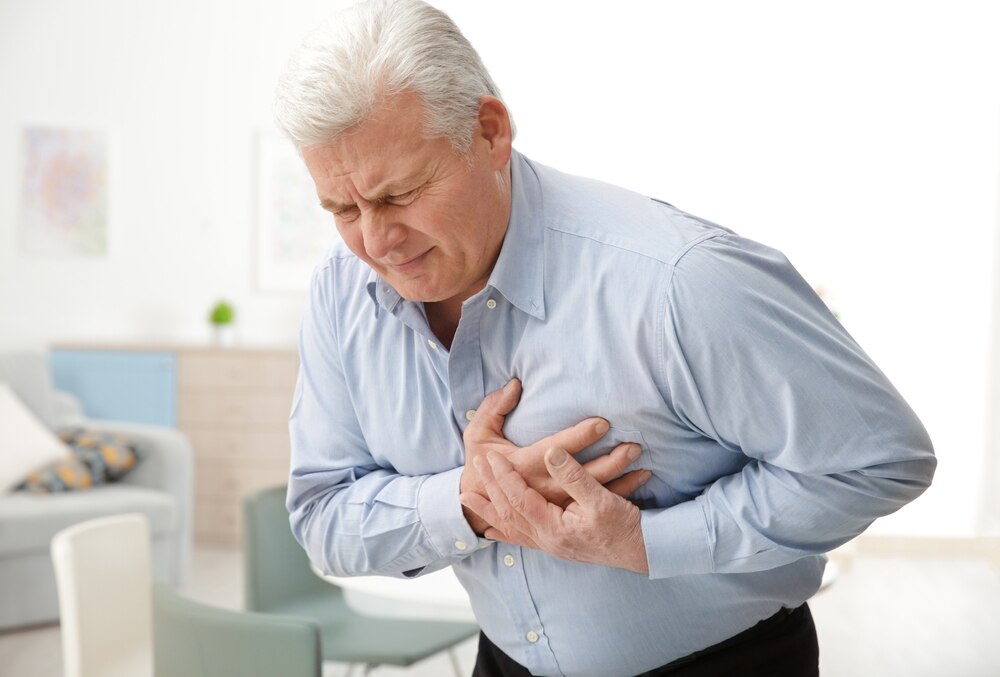
Heart attacks are silent killers because they can lead to cardiac arrest. People who have suffered from heart attacks often ignore the warning signs, thinking these are just ordinary symptoms. Unfortunately, heart attack symptoms are so vague and they can even present as difficulty of breathing, nausea, chest discomfort and stomach pain. However, these seemingly-mild symptoms may actually be warning symptoms, so it is best that you visit your doctor regularly to see whether you may have heart problems.
Heart attacks are caused by blockages of blood flow in the heart. These blockages are actually plaques that are made up of fatty deposits and cholesterol. Heart attacks have claimed millions of lives around the world. If you think you may be at risk for heart diseases, you may seek medical advice so that any medical problems you may have can be treated early.
Below are the warning signs of a heart attack or an impending cardiac arrest that you should pay extra attention to:
Spotting the 5 Warning Signs of Cardiac Arrest
The five warning signs of cardiac arrest are the following:
- Chest discomfort at the center of the chest that lasts for a few minutes and may wax or wane. It can feel like uncomfortable pressure, squeezing, fullness or pain
- Other discomfort such as in the upper abdomen, back, or jaw
- Shortness of breath
- Weakness or unexplained fatigue
- Other symptoms such as lightheadedness, nausea, cold sweat, indigestion or heartburn
When you feel all the warning signs of a heart attack, you should take it seriously to avoid sudden cardiac death. Calling 9-1-1 is the first step when you feel that you are having a heart attack. You can get immediate treatment after contacting the emergency hotline.
Immediate treatment of a blocked blood vessel in the heart can prevent the risk of an ongoing permanent heart damage. It is important for the heart to get enough oxygen-rich blood for it to function effectively.
How Men and Women Experience Heart Attacks Differently
The most common warning sign of a heart attack is chest pain both in men and women. However, women can additionally experience vomiting, nausea, difficulty of breathing and pain in the back or the jaw.
The problem is that women often associate these symptoms with flu or other less serious health conditions. In the end, late complications of heart disease become more difficult to treat, and the irony is that women are mostly affected by silent heart attacks.
Silent Heart Attacks Explained
The symptoms of silent heart attacks are often mistakenly recognized as less serious symptoms. This is because these symptoms are less intense than the symptoms of a usual heart attack. However, silent heart attacks are still heart attacks with only silent symptoms. They are also caused by a blockage in the blood flow to the heart, as a consequence of coronary artery disease.
Get your health, beauty and wellness product online! Shop now at Watsons. Click here to start shopping.
-Medical Observer





